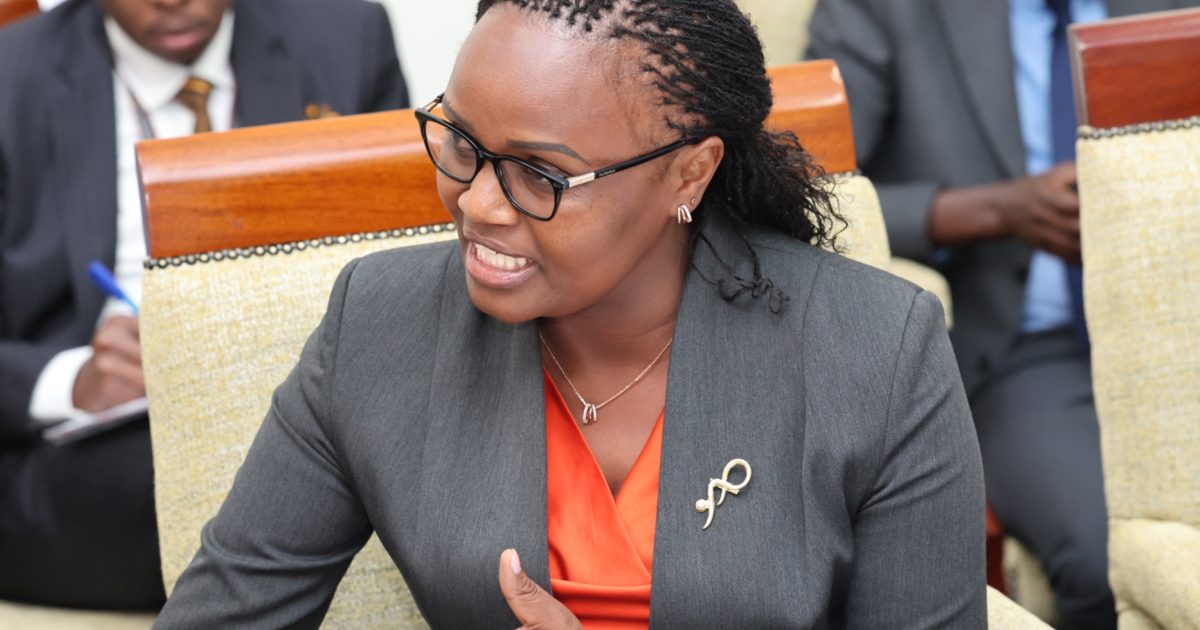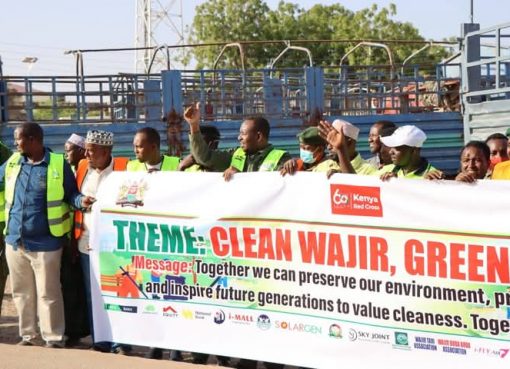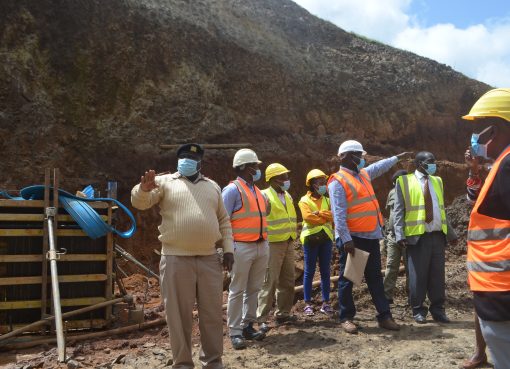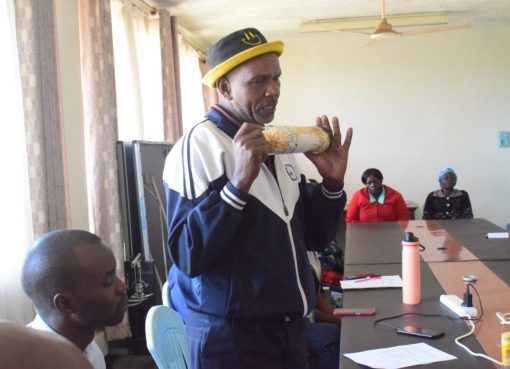Kenyan Experts in the Recognition of Prior Learning (RPL) area and others drawn from Africa will next week converge in Nairobi for a forum to explore ways of scaling up of its uptake in the Continent.
The four-day forum that has attracted 32 participants from 20 African countries and four (4) economic regions, including 20 representatives from higher learning institutions in Kenya will examine RPL in lifelong learning policies, theories underpinning RPL, how to do RPL, Quality assurance of RPL, RPL process, step-by-step and implementation of RPL in Kenya, its policies and practice.
The official opening of the forum that will run from October 1 to 4, will be presided over by Education Cabinet Secretary Julius Migos Ogamba.
Already Kenya is implementing the recognition of prior learning policy across various institutions following its launch in March this year by the government.
In a press statement sent to news rooms, implementation of RPL in Kenya is being actualised through the ‘Whole of Government Approach’ where all relevant players are working collaboratively to enhance its effectiveness.
Through a National Framework of Engagement, the Kenya National Qualifications Authority (KNQA) coordinates implementation of the policy through awareness creation, sensitization and organizing capacity building forums.
The national rollout of RPL is a timely conduit towards realising the Kenya Kwanza Government Affordable Housing Programme (AHP) with a view to increasing the supply of housing units from the current 2 percent to 50 percent, translating to 250,000 for next five years from the current 50,000 units per year.
Additionally, the AHP is also expected to create over 500,000 new employment opportunities for young people graduating from the TVETs in the next five years, directly into the construction sector and indirectly through production of building products.
The initiative will further strengthen the Jua-kali industry’s capacity to produce high quality construction products and through RPL, artisans with uncertified skills and competencies will have an opportunity to be assessed and certified, thus, take advantage of employment opportunities such as those that will be available through the AHP. RPL is therefore poised to be a revolutionary approach aimed at dignifying the Jua Kali workforce.
This policy seeks to formalize informal skills, transforming them into recognized qualifications and opening up both local and international employment opportunities for artisans.
This strategic focus will create pathways to employment, empowering millions of Kenyans while enhancing economic development through skills recognition and opportunities.
Further, the RPL policy aims to ensure recognition of knowledge, skills, and competencies that have been acquired through practical work through the award of certificates.
The implementation of the policy is a bridge to facilitate transition from informality to formality as well as facilitating multi entry/exit between the education system and the labour market.
According to KNQA Director General (DG) Dr Alice Kande, the policy and guidelines provides standards of assessing and certifying the skills and competencies acquired through experience.
“This enables our skilled, but uncertified youths to be awarded certificates based on individual competencies expanding their opportunities in employment and advanced learning,’’ said the DG adding that so far 900 graduates have been certified and targets about 10,000 new graduates yearly.
Kenya’s education and training sector is regarded as one of the best in Africa as it is evidenced by the fact that Kenya has led in developing and implementing policies, standards and procedures for the management of accreditation of institutions, qualifications and quality assurance on the continent.
This framework brings together Basic Education (BE), Technical Vocational Education and Training (TVET), University Education (UE), industrial training and lifelong learning to enable better coordination and harmonization of qualifications across the various sectors.
KNQA prides itself in creating an enabling environment for lifelong learning, fostering quality of qualifications, and creating international recognition and comparability of qualification systems
In addition, the African Union and the European Training Foundation (ETF) are implementing the African Continental Qualifications Framework (ACQF-II) project to support the implementation of ACQF as a continental policy instrument.
The project aims to contribute to transparency, comparability and recognition of qualifications, collaboration between National Qualifications Frameworks and promotion of lifelong learning in Africa.
It also supports referencing of National Qualifications Frameworks to African Continental Qualifications Framework; develops and operationalizes innovative tools such as the qualifications and credentials platforms, the RPL campaign, and skills data focus (labour market intelligence tools) through training, dialogue and peer-to-peer sharing forums.
The Kenya National Qualifications Framework (KNQF) on the other hand provides for articulation of the various levels of qualifications, and clear progression pathways for the various forms of certification, including RPL.
KNQF is a comprehensive system that organizes all forms of learning, formal, non-formal, and informal, across educational and training sectors and the distinct KNQF levels are defined by level descriptors covering knowledge, skills, and competencies.
Also, the KNQF encompasses three sub-frameworks: Academic, TVET, and Industry. Qualifications are placed within a level by mapping their learning outcomes against the level descriptors and primarily aims to enhance access, equity, quality, and relevance in education and training throughout Kenya.
By Michael Omondi





